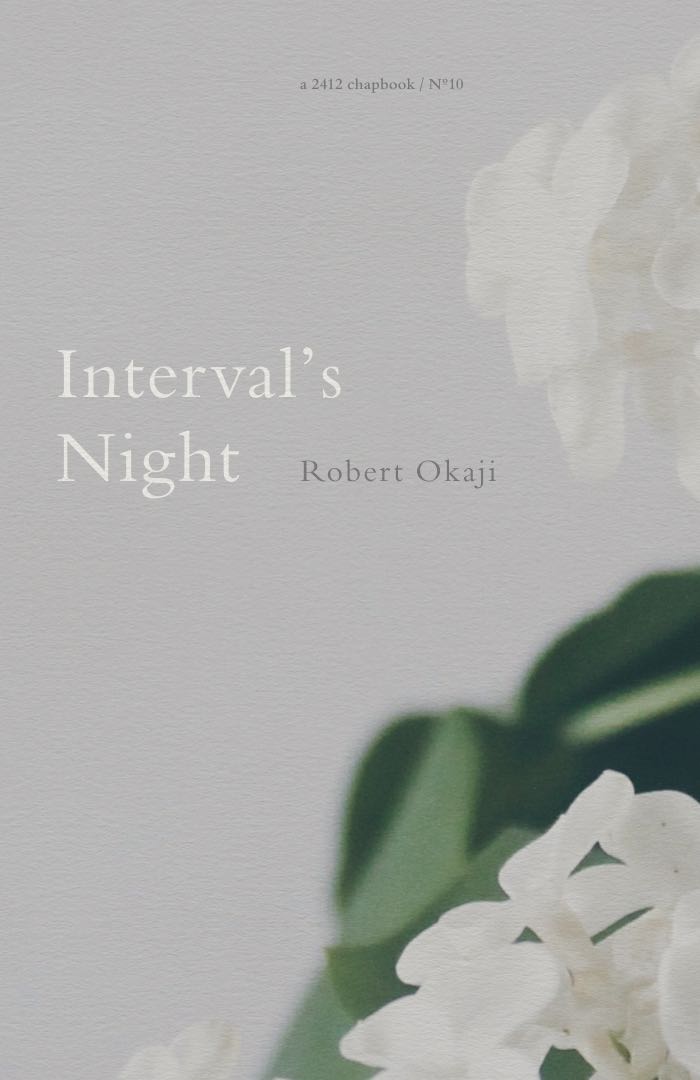Shaping (Haibun)
He needed to shape things, make them his. Stones in the garden, carved wooden bookstands, the absence of light in certain corners of the house, all captured this need. His was not so much a desire for control as a means of learning, of observing and participating in processes not ordinarily viewed as such. To watch shadows develop in the presence of trees and vine-covered walls, flowering for brief moments, their entire lives encompassed in seconds: he wanted to hold and be held, to breathe in what the air brought him and return what he could. To live.
what greeting is this?
bugs tapping at my window
tell me winter’s gone
In the evening he often sat in a room lit only by a candle in an old iron lantern. He preferred candlelight for it did not obliterate darkness as did the electric lamps, but diminished it, allowing a room new life. Each crevice in the book shelves became a new world, each doorway an entrance to something beyond one’s perceptions of black and white, the difference of moon and sun. Corners lost their edges. Shadows flowered with every movement of the candle’s flame, became hands without bodies, fingers tapping time to an unheard music.
no gods in this room
singing the blues
darkness lights the way
















